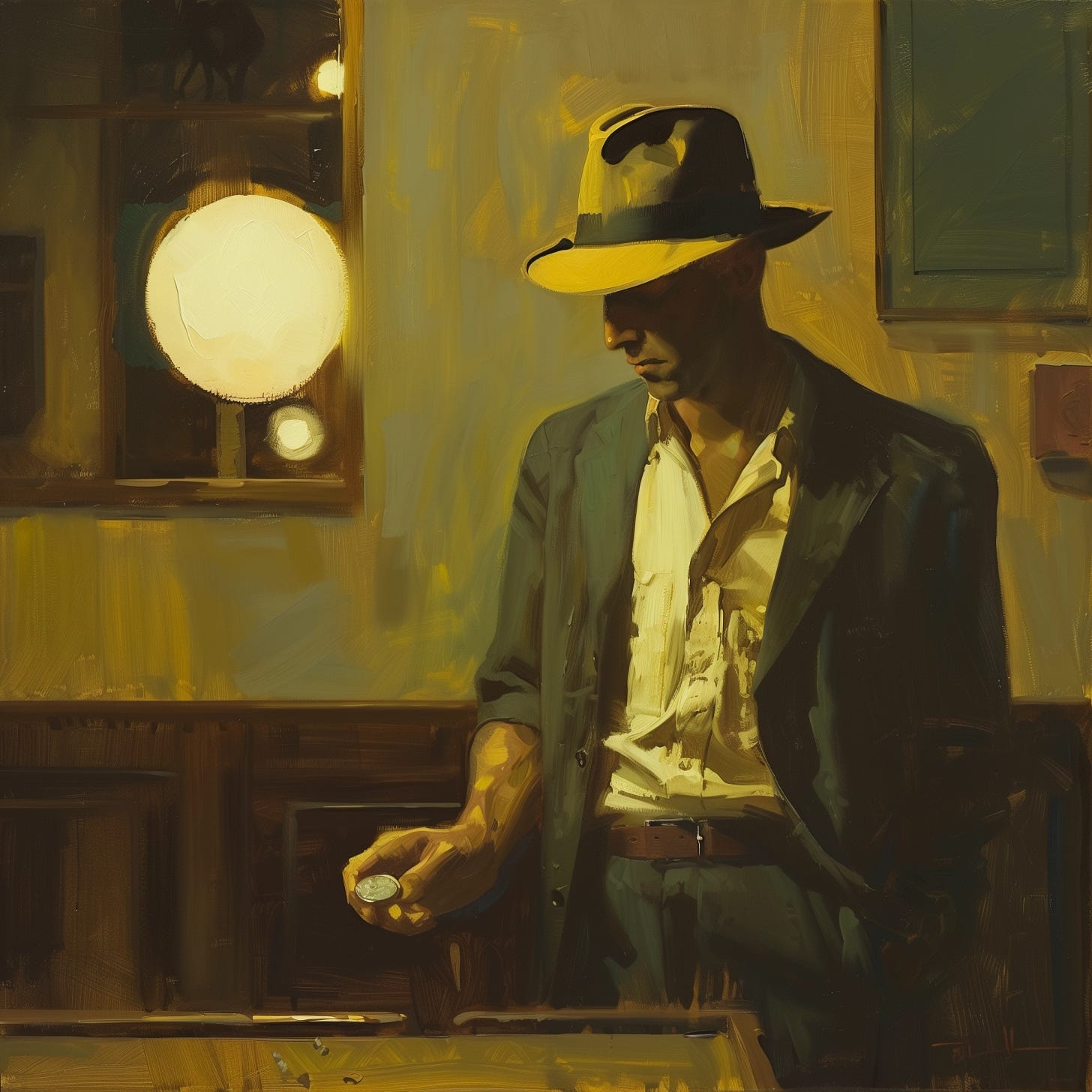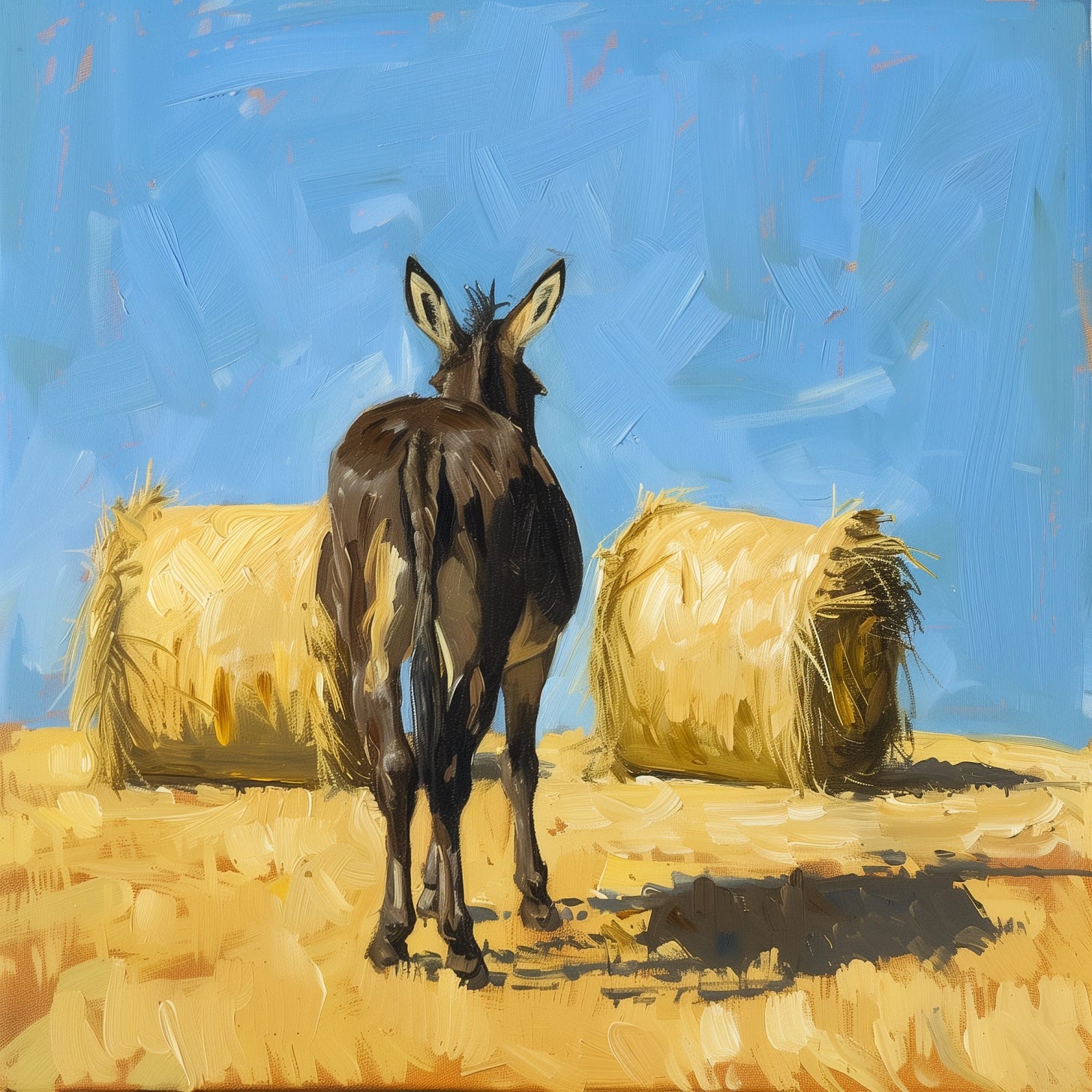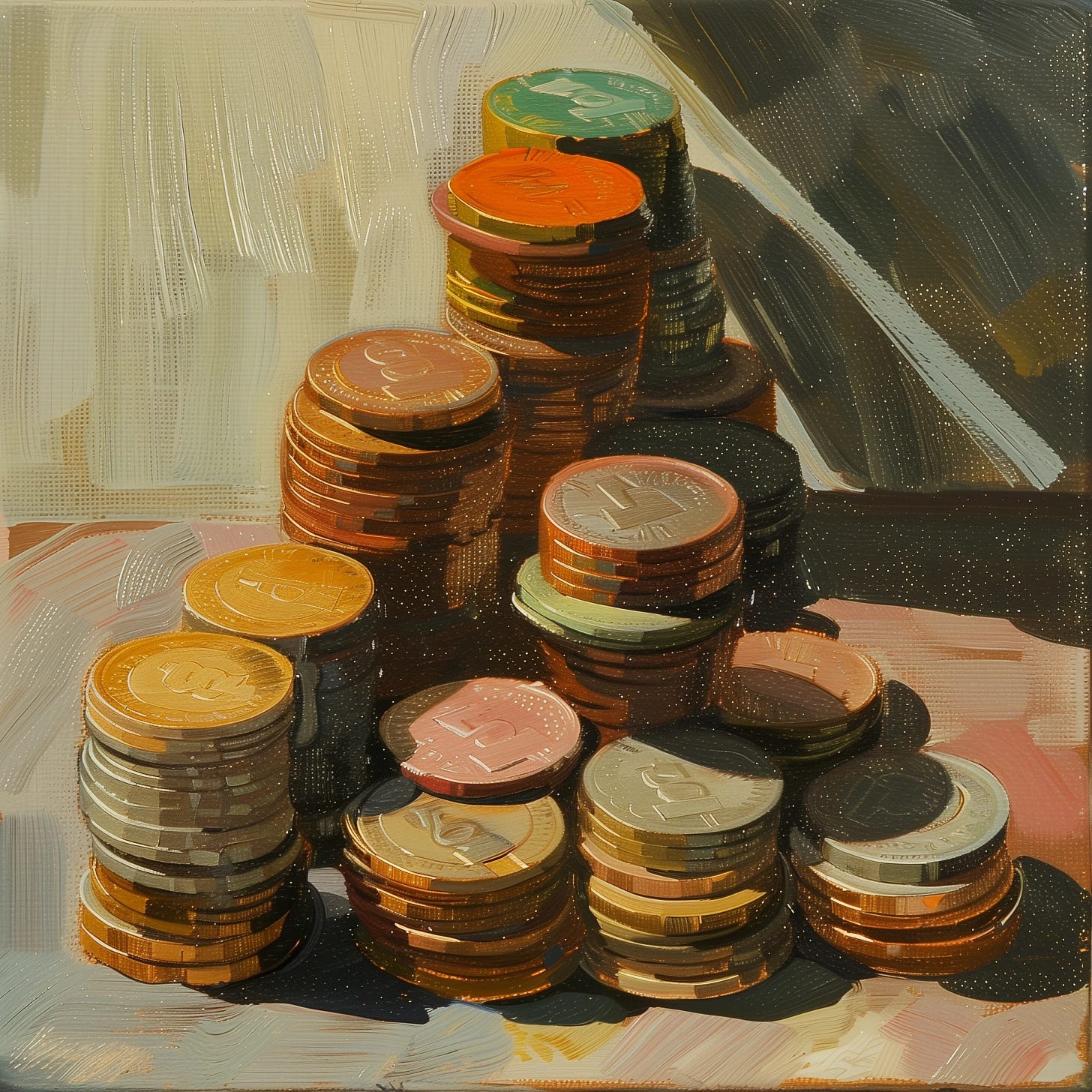Life has become very complex in the past 100 years. All of us intuitively know that this statement rings true, but why?
We can perhaps think of complexity as both the number of decisions that we make every day and the number of options that we have for each decision.
Modern times feel more complex because we are faced with more daily decisions, and each of these decisions has more options.
To appreciate this, picture the life of an average subsistence farmer versus the life of an average American now. The subsistence farmer certainly had more to be genuinely afraid of, but he did not need to memorize passwords, use touchscreen electronics, navigate online banking, or file his own taxes. It takes great effort just to exist as a modern human.
Knowing this, it is incredible and perhaps inspiring to think about just how few people elect to drop out of society or go mad. Modernity demands a lot from us.
This is not to say that modernity is bad and that a primitive lifestyle is good. It is simply to say that modern life is more complex. But, this complexity can feel overwhelming and even oppressive. It does not seem that we were designed to make so many choices every day.
All of this is likely no surprise and perhaps even painfully obvious. Modernity is a time of abundance and abundance means more choices. This abundance is certainly a net positive thing (no need to return to subsistence farming), but like many things it has its unpleasant side effects. Its main side effect is that all of these choices can overwhelm and paralyze us. After all, we have the same brain as we did in 5000 B.C., and yet we do more and more with it every day.
Enter Buridan’s Donkey
Our lives can often resemble that of a donkey imagined by French philosopher Jean Buridan.
In Buridan’s paradox, a donkey finds itself precisely between two identical piles of hay. Unable to choose between the two equally-spaced piles, and preferring food that is closest rather than farthest away, the donkey starves.
Although, we thankfully do not starve to death regularly, as modern people, we are likely to empathize with the donkey’s paralysis in the face of a simple decision. The most insignificant decisions can cause us to freeze and feel as though making any choice would be painful.
To free ourselves from the oppression of options, we must first admit that the majority of decisions that we make are trivial (that is they have no effect on the long-term trajectory of our lives). Our choice of take-out on the night of March 13th, 2021 is not going to make or break our dreams and aspirations.
Instead, it seems that just a few key decisions shape our lives (remember the Pareto Principle?). For instance, think of deciding to go to college, deciding to have a family and settle down, or deciding to experiment with drugs at a young age. We can call these decisions “non-trivial”, as they alter the course of your life.
The Case For Coin Flipping
The case for coin flipping states that trivial decisions can be decided with a coin flip.
Put differently, when we are faced with the discomfort of making an inconsequential decision, we should let random chance decide. By letting go of the responsibility of making a decision, we unburden ourselves and avoid the shame of choosing incorrectly.
While the coin rotates through the air, we invite spontaneity back into our lives. We temporarily free ourselves from the hyper-rational, overly-optimized thinking that modern existence requires. We loosen our grip on life. We allow ourselves to wander, instead of always having a destination in mind. In that moment, we simply exist, guided by faith in a higher power.
When the coin lands, there is nothing to fear. Afterall, our coin made its choice and it is always the right decision to flip the coin (sort of like a CEO hiring consultants — it’s always the right decision to hire “experts”, even if they happen to give bad advice).
So, what does this look like in practice?
We can flip a coin to decide:
whether or not to order take-out,
if we should have that third cup of coffee,
what movie to watch,
or any trivial decision.
“But I Don’t Usually Have a Coin”
The coin flipping gods will laugh at an excuse like this. Such excuses fail to grasp the bigger picture. The coin is simply a convenient tool. It allows us to have fate and randomness make decisions for us. To benefit from this idea, all we need is something that generates randomness.
Instead of flipping a physical coin, we can:
Ask siri (or Google) to flip a coin.
Check the time and treat even minutes as “heads” and odd minutes as “tails”.
(With n options) Ask siri to pick a number between 1 and n.
Happy flipping.
Pictures:
AI generated images inspired by Edward Hopper’s paintings
Thanks for reading guys.
If you enjoyed this one, make sure to subscribe to receive posts like this via email and consider sharing with a friend.







